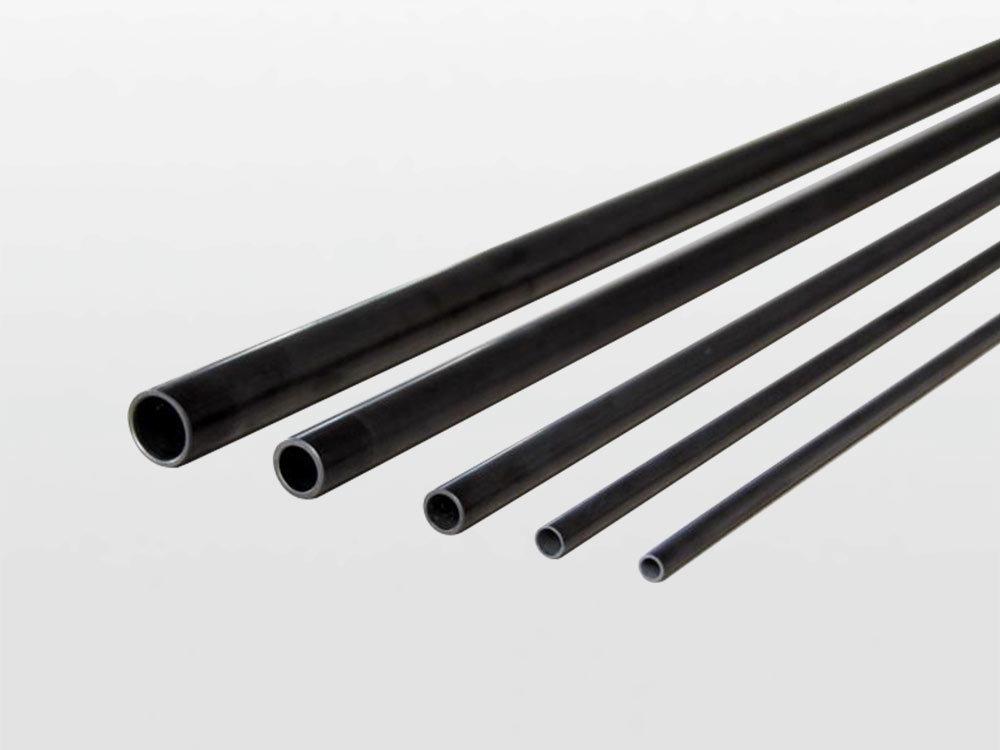Silicon carbide heat exchange tube
Product Description
The straightness standard for silicon carbide heat exchange tubes: straightness (unit: mm/m) ≤ 1.2%. Each heat exchange tube product must fully pass the standard tube inspection before leaving the factory.
Water pressure resistance test standard for silicon carbide heat exchange tubes: Each silicon carbide tube is tested at 100 Bar (60S) to ensure reliability and safety.
EN10204-3.1 certificate is available.
A new type of tubular heat exchanger with silicon carbide heat exchange tubes as the core. Due to the excellent characteristics of corrosion resistance, high temperature resistance, high thermal conductivity, high hardness, and wear resistance of silicon carbide, silicon carbide heat exchangers are particularly suitable for working environments such as high temperature, high pressure, strong acid and alkali corrosion, high-speed airflow erosion, and particle wear; It is an excellent high-performance product that can replace graphite heat exchangers, stainless steel heat exchangers, tantalum metal heat exchangers, Hastelloy heat exchangers, fluoroplastic heat exchangers, and glass lined heat exchangers.
Silicon carbide heat exchangers have excellent heat transfer efficiency, are smaller and more compact compared to traditional heat exchange equipment, can save 70% of installation space compared to glass lined heat exchangers (the same heat transfer requires a smaller heat exchange area). Due to its ease of disassembly, the side of the silicon carbide heat exchange tube can be directly entered for cleaning or inspection, resulting in low maintenance costs.
Application scenarios
Suitable for equipment in tubular heat exchangers (also known as shell and tube heat exchangers)
Suitable for various chemical processes such as cooling, condensation, heating, evaporation, thin membrane evaporation, and absorption
Especially suitable for various highly corrosive chemicals such as:
1. Strong corrosive acids such as bromine, sulfuric acid, hydrofluoric acid, nitric acid, hydrochloric acid, etc;
2. Sodium hydroxide or other strong bases;
3. Halogenated compounds;
4. Salt solution and organic compounds.
Payment Terms︰ TT
Product Image

